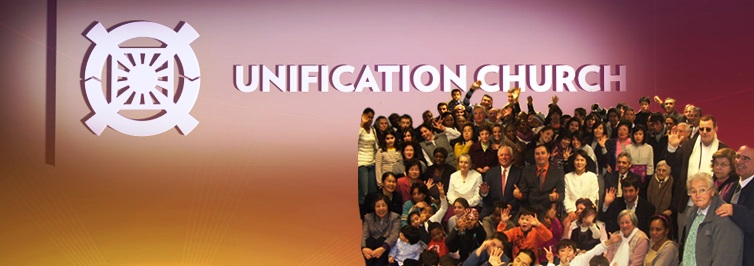![]()
The Words of the Burton Family
|
|
The Words of the Burton Family |

Unificationists battling to gain the equal protection and privileges of longer-established religions celebrated a victory in Portugal in January, 2010. The government of Portugal has given formal recognition to the Unification Church of Portugal as a religious community, according to emailed announcements to European leaders of the Unification Church by Rev. Yong Cheol Song, president of the Family Federation for World Peace and Unification (FFWPU) in Europe.
"On 18th January 2010 the Portuguese Ministry of Justice gave formal notification that The Unification Church of Portugal was unanimously approved as a recognized Church by the Committee for Religious Freedom on 11th January 2010," Rev. Song reported, adding: "This is a great encouragement to all our Movement in Europe, the fruit of True Parents' victory and the many faithful years of attending God and His providence invested by our Portuguese membership. We offer them our heartfelt congratulations!"
"It is indeed a great victory not only for Portugal, but for God's Providence in Europe," said Peter Zoehrer, a religious-freedom expert and the president of the Family Federation for World Peace of Austria. The range of freedom and legal rights of the Unification Church varies widely across Europe, according to Mr. Zoehrer.
In the United Kingdom, the Unification Church operates freely, although it has weathered controversies, including a highly publicized court challenge of its charitable status in 1984, in which it emerged victorious. In Norway and Spain the Unification Church clergy may apply for pensions, may give its religious instruction in its own schools, and can send chaplains to serve in prisons.
The action of Portugal follows the decision of the Constitutional Court of Spain in February, 2001 to register the Unification Church with full protections as a religion, and a similar decision by a German Court in 2000. By contrast, the church has no status in France, Belgium and Austria, where government agencies strictly monitor and control new religious movements considered to be threats to the public. The ruling of Portugal's Ministry of Justice may support applications of the Unification Church for legal recognition in other European countries where it is a third-class religion, such as Austria, or where it is prohibited to operate, such as Belarus.